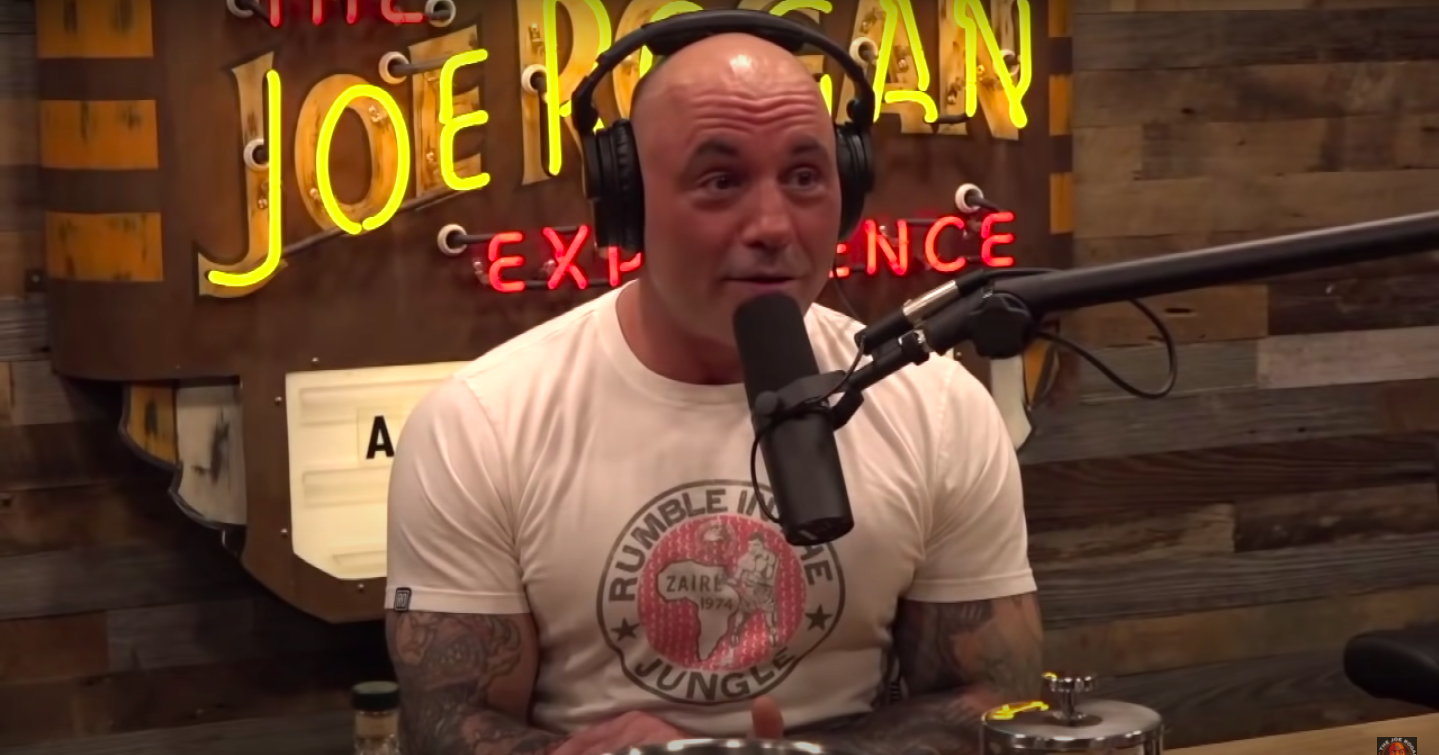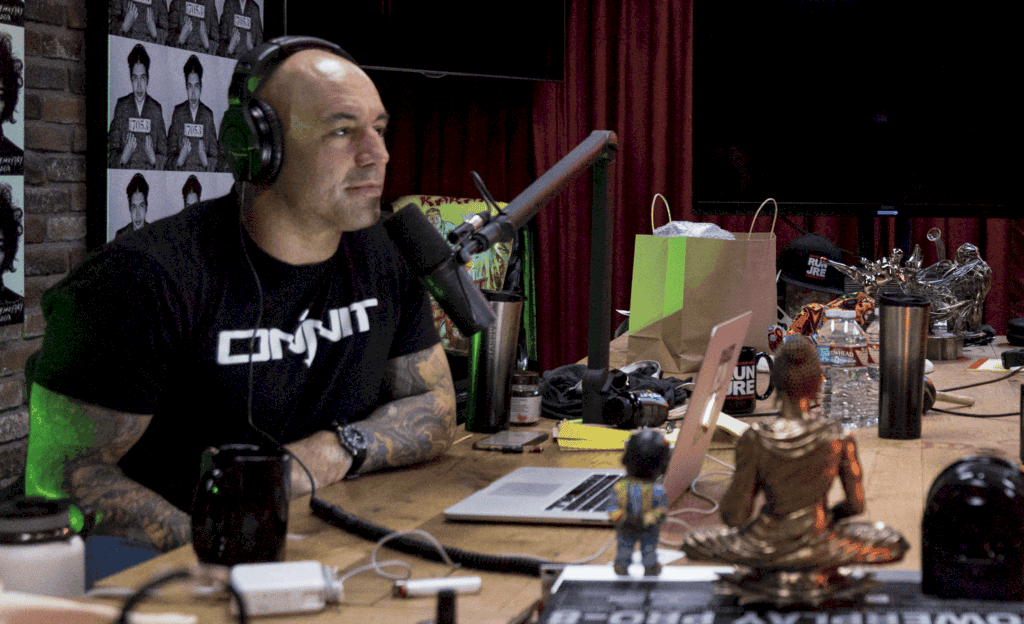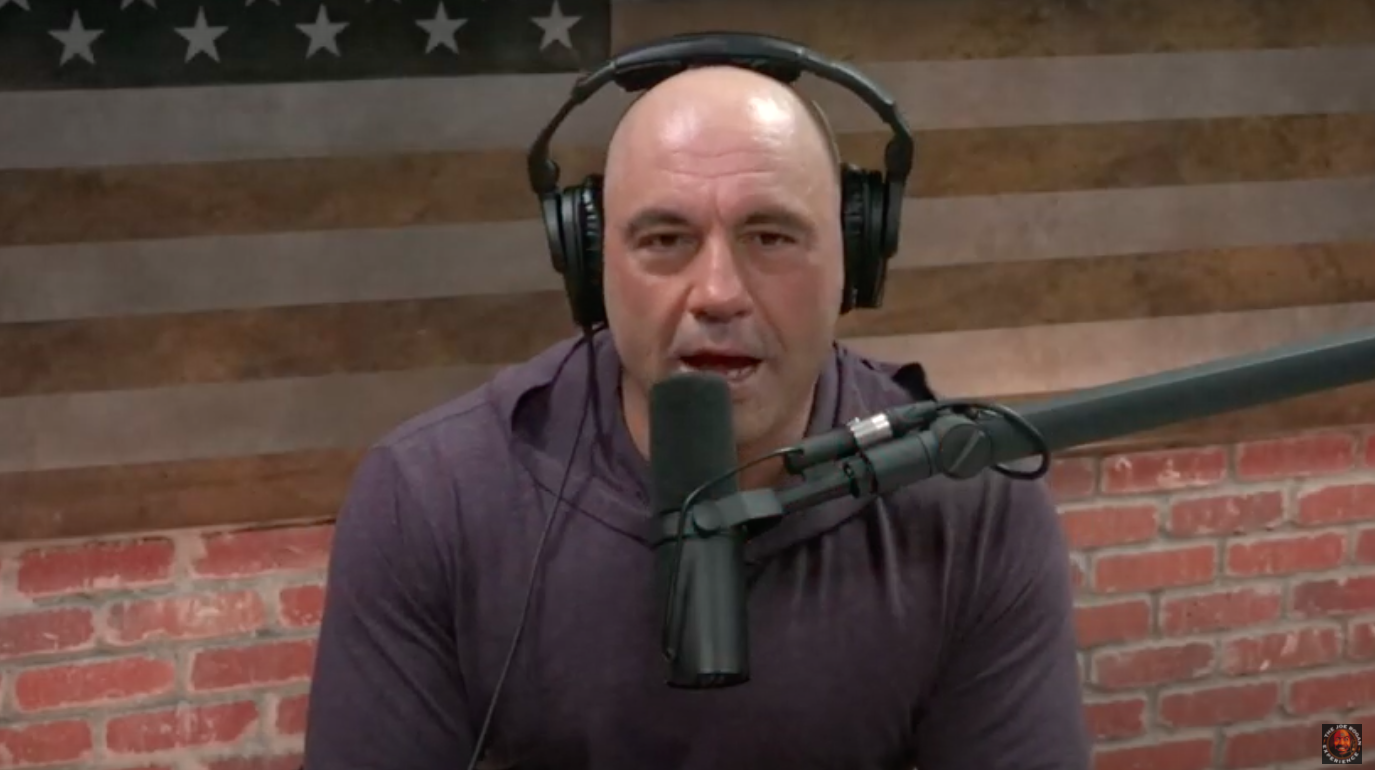Joe Rogan’s Interest in Zoos and Wildlife: Zookeeper Joe Rogan

Joe Rogan, a prominent figure in the podcasting world, has exhibited a consistent interest in zoos and wildlife. This interest is evident in numerous discussions on his podcast, “The Joe Rogan Experience,” where he has engaged with experts and enthusiasts on various topics related to animal behavior, conservation, and the ethical considerations surrounding zoos.
Joe Rogan’s Personal Connection to Zoos and Wildlife
Rogan’s interest in zoos and wildlife stems from a childhood fascination with animals, particularly with large predators like lions and tigers. He has often expressed his admiration for the power and beauty of these creatures, and this fascination has translated into a keen interest in their biology, behavior, and conservation.
Examples of Episodes on Joe Rogan’s Podcast
Rogan’s podcast has featured numerous episodes where he has delved into discussions about zoos and wildlife. Some notable examples include:
- In an episode with Dr. Jane Goodall, a renowned primatologist, Rogan discussed the ethical considerations of keeping primates in captivity. The conversation explored the potential benefits of zoos in educating the public about conservation efforts, while also acknowledging the challenges of providing a truly enriching environment for these animals.
- An episode with Dr. Robert Sapolsky, a neurobiologist who studies baboons in the wild, focused on the complex social dynamics and intelligence of these primates. Rogan’s curiosity about animal behavior was evident as he engaged with Sapolsky in a lively discussion about the fascinating aspects of primate cognition.
- In an episode with conservationist and wildlife photographer, Steve Winter, Rogan explored the threats faced by endangered species, such as tigers and elephants. Winter shared his experiences in the field and discussed the importance of conservation efforts in protecting these animals from habitat loss and poaching.
Potential Influence of Joe Rogan’s Interest on His Audience’s Perception of Zoos, Zookeeper joe rogan
Joe Rogan’s platform has the potential to influence his audience’s perception of zoos. By engaging in thoughtful discussions about the ethical considerations surrounding zoos, Rogan can help to raise awareness about the importance of animal welfare and the need for responsible zoo management practices. He can also encourage his listeners to learn more about the vital role that zoos play in conservation and education.
The Intersection of Zoos and Conservation

The relationship between zoos and conservation is a complex and often debated topic. While some argue that zoos play a crucial role in safeguarding endangered species and educating the public about wildlife, others criticize their practices, raising concerns about animal welfare and the ethical implications of captivity. Joe Rogan, known for his interest in wildlife and conservation, has expressed mixed views on zoos, adding another layer to this ongoing discussion.
Perspectives on Animal Welfare and Conservation Efforts
Joe Rogan and zookeepers share a common goal of protecting wildlife, but their approaches and priorities can diverge. While Rogan’s views on animal welfare in zoos are often influenced by his belief in the inherent freedom of animals, zookeepers prioritize providing a safe and enriching environment for their animals, often with the goal of breeding and reintroduction into the wild.
- Joe Rogan: Rogan’s perspective on zoos is often colored by his belief in the natural world and the inherent freedom of animals. He has expressed skepticism about the ethics of keeping wild animals in captivity, particularly in environments that he perceives as artificial or restrictive. He has voiced concerns about the psychological well-being of animals in zoos, arguing that their natural behaviors and instincts might be suppressed in a confined environment. Rogan’s advocacy for animal welfare often focuses on protecting animals from exploitation and advocating for their natural habitats.
- Zookeepers: Zookeepers, on the other hand, emphasize the role of zoos in conservation and education. They argue that zoos provide a vital space for studying and breeding endangered species, contributing to their survival and preventing extinction. Zookeepers also highlight the educational value of zoos, which can inspire a sense of wonder and responsibility towards wildlife in visitors. They strive to provide enriching environments for animals, incorporating natural behaviors and social interactions, while prioritizing their health and well-being.
Potential Areas of Agreement and Disagreement
While Rogan and zookeepers share a commitment to wildlife conservation, their perspectives on the ethical treatment of animals in captivity can differ.
- Areas of Agreement: Both Rogan and zookeepers acknowledge the importance of conservation efforts and the need to protect endangered species. They might agree that zoos can play a role in educating the public about wildlife and fostering a sense of responsibility towards conservation. Additionally, both might acknowledge the value of captive breeding programs for species that are critically endangered or facing habitat loss.
- Areas of Disagreement: Rogan’s skepticism about the ethics of keeping animals in captivity might lead to disagreements with zookeepers who believe that zoos can provide a safe and enriching environment for animals. Rogan’s emphasis on the natural world and the inherent freedom of animals might contrast with zookeepers’ focus on providing a controlled environment that prioritizes the animals’ well-being and conservation goals. Rogan’s stance on the use of animals in entertainment might also differ from zookeepers’ practices, particularly in cases where animals are used for public displays or performances.
The Role of Zoos in Conservation and Education
Zoos play a multifaceted role in conservation and education, encompassing a range of activities beyond simply exhibiting animals.
- Conservation: Zoos contribute to conservation efforts through captive breeding programs, research initiatives, and partnerships with conservation organizations. Captive breeding programs aim to increase the population of endangered species, often with the goal of reintroduction into the wild. Zoos also conduct research on animal behavior, genetics, and conservation strategies, contributing to scientific understanding and conservation practices.
- Education: Zoos serve as educational centers, providing visitors with opportunities to learn about wildlife, conservation challenges, and the importance of biodiversity. They offer interactive exhibits, educational programs, and opportunities for hands-on experiences, engaging visitors and inspiring them to become advocates for conservation. Zoos also play a role in raising awareness about animal welfare issues and promoting responsible wildlife tourism.
Public Perception and Debate

The public discourse surrounding zoos is multifaceted and often polarized, with passionate arguments on both sides. Ethical concerns regarding animal welfare, the role of zoos in conservation, and the potential for enriching animal lives are central to the debate. Joe Rogan’s podcast has contributed to this ongoing conversation, amplifying voices from both sides and exposing his own perspectives on the subject.
The Influence of Rogan’s Views
Rogan’s podcast, with its wide reach and diverse audience, has become a platform for exploring various viewpoints on zoos. While he has expressed personal admiration for the work of some zoos and their commitment to conservation, he has also voiced concerns about the ethical implications of keeping animals in captivity. Rogan’s influence extends beyond his own opinions, as he regularly interviews zookeepers, animal rights activists, and scientists, allowing his listeners to engage with diverse perspectives. His platform has undoubtedly contributed to a more nuanced public understanding of the complex issues surrounding zoos.
Examples from Rogan’s Podcast
Several episodes of Rogan’s podcast have featured discussions about zoos, highlighting different facets of the debate. For instance, in a conversation with a renowned primatologist, Rogan explored the ethical considerations of keeping great apes in captivity, examining the trade-offs between research, conservation, and animal welfare. Another episode, featuring a zookeeper, delved into the complexities of zoo management, including the challenges of providing enriching environments and addressing the psychological needs of animals in captivity.
A Hypothetical Conversation
Imagine a conversation between Joe Rogan and a zookeeper, perhaps the director of a prominent zoo. The conversation might begin with Rogan expressing his admiration for the zoo’s conservation efforts and its commitment to educating the public about wildlife. He might then delve into his concerns about the ethical implications of keeping animals in captivity, particularly those with complex social structures and cognitive abilities. The zookeeper could counter by highlighting the zoo’s dedication to animal welfare, emphasizing their efforts to provide spacious enclosures, stimulating environments, and enriching experiences. The conversation could then shift to the role of zoos in conservation, with the zookeeper outlining their breeding programs, research collaborations, and efforts to support conservation projects in the wild. Rogan might inquire about the zoo’s approach to addressing the psychological needs of animals in captivity, seeking to understand how the zoo balances the demands of public display with the well-being of the animals.
